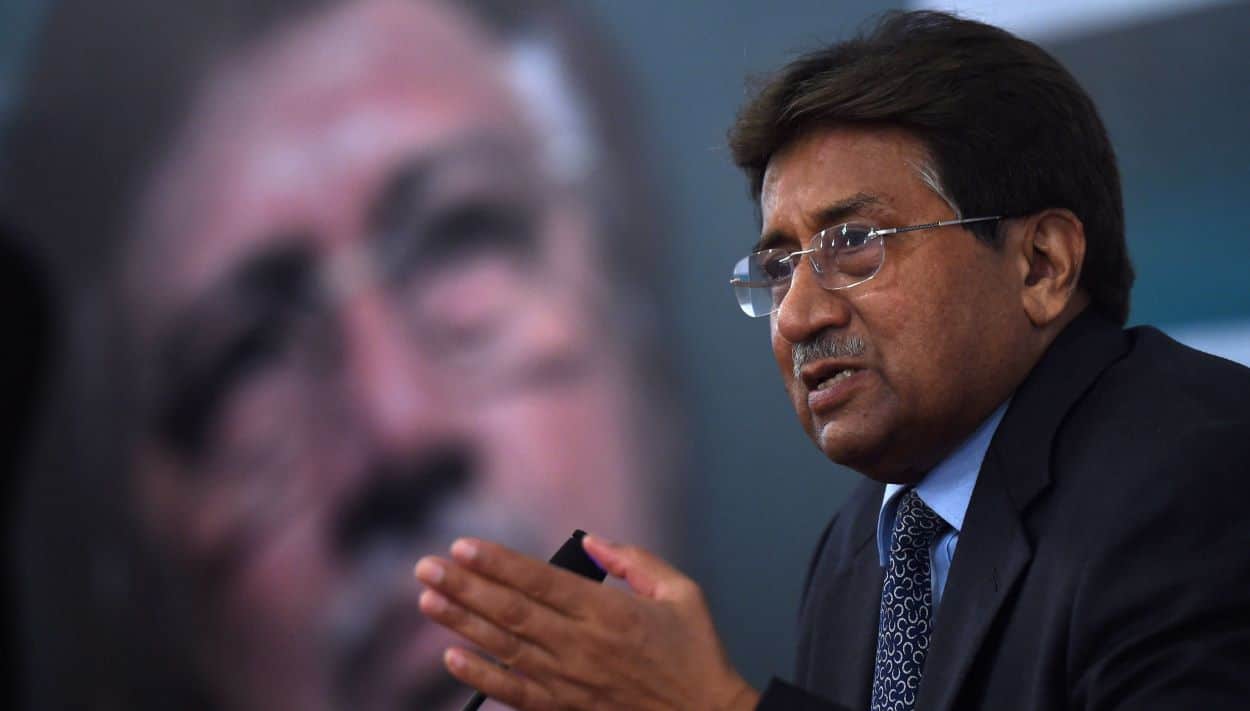The Supreme Court of Pakistan, on Wednesday, upheld the death sentence of former president General (retd) Pervez Musharraf, initially awarded by a special court in 2019.
The ruling pertained to a high treason case against Musharraf for his unconstitutional actions in November 2007. The four-member bench, led by Chief Justice of Pakistan (CJP) Qazi Faez Isa, included Justices Mansoor Ali Shah, Justice Aminuddin Khan, and Justice Athar Minallah.
Musharraf faced charges under Article 6 of the Constitution following his decision to impose an emergency. The case, filed during the tenure of the Pakistan Muslim League-Nawaz (PML-N), led to the special court’s decision on December 17, 2019, to sentence Musharraf to death.
In a previous hearing on November 29, 2023, the top court emphasized the need for accountability of all individuals, including judges, who validated the martial law imposed by Musharraf on October 12, 1999. Justice Athar Minallah remarked that those judges should also face trial, underscoring the importance of holding responsible parties accountable for their actions.
Chief Justice Qazi Faez Isa stressed the importance of learning from historical mistakes. He highlighted the necessity of acknowledging past wrongdoings, even if the individuals involved were not punished. The chief justice’s statements focused on recognising and admitting past errors as a crucial step towards accountability and justice.
Justice Athar Minallah reinforced this view by advocating for the truth to be spoken, stating that those who validated martial law should also undergo a fair trial.
In summary, the Supreme Court’s decision to uphold the death sentence of General (retd) Pervez Musharraf marks a significant moment in Pakistan’s legal history. The judgment reaffirmed the sentence for Musharraf and called for broader accountability for those who supported unconstitutional actions, including the judges who validated the martial law.








